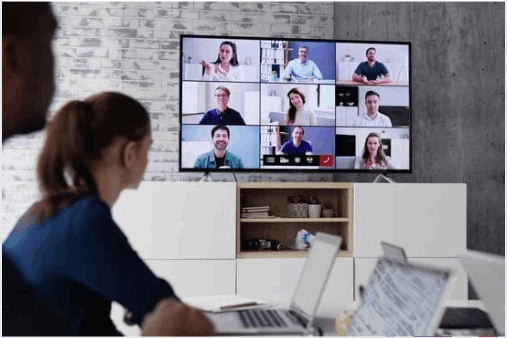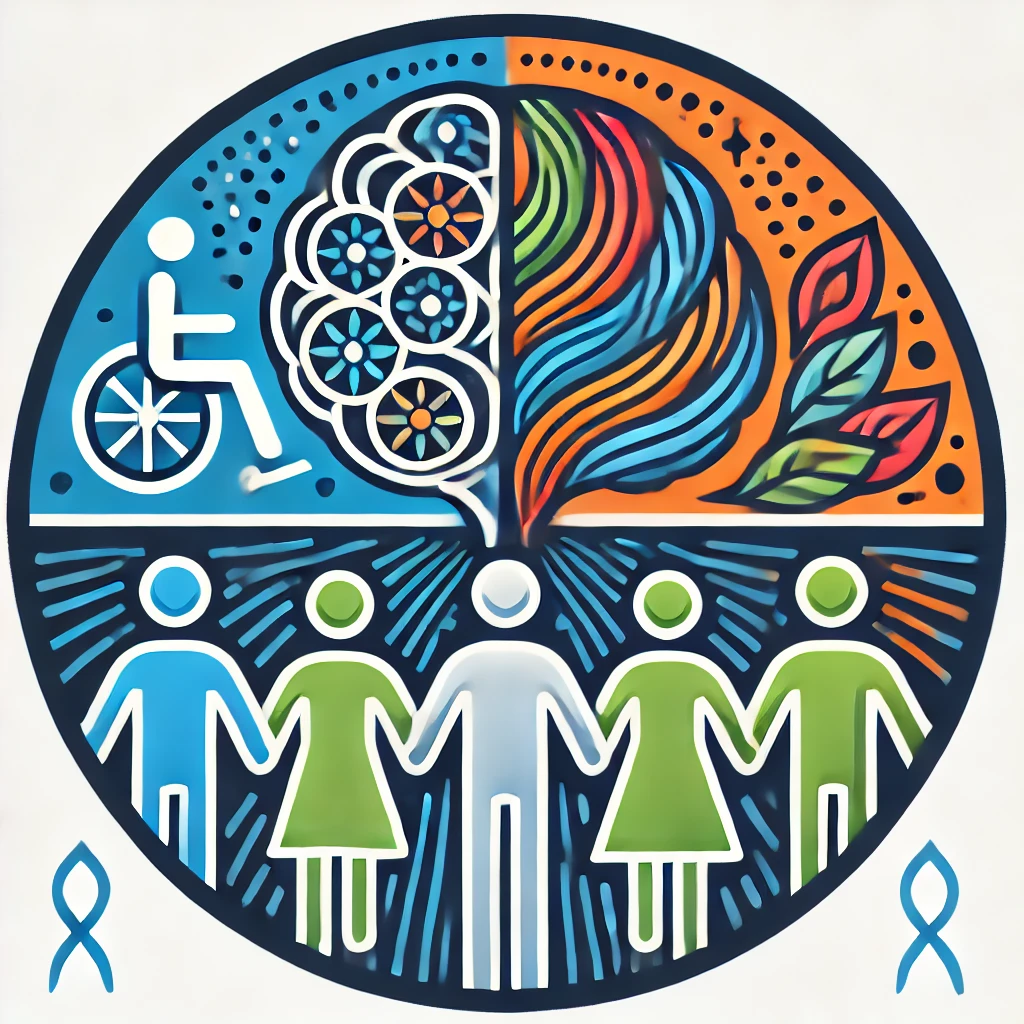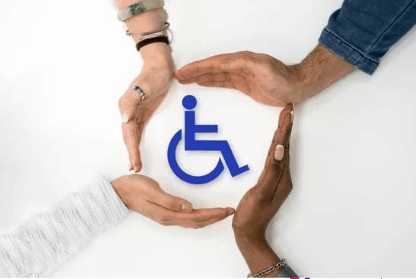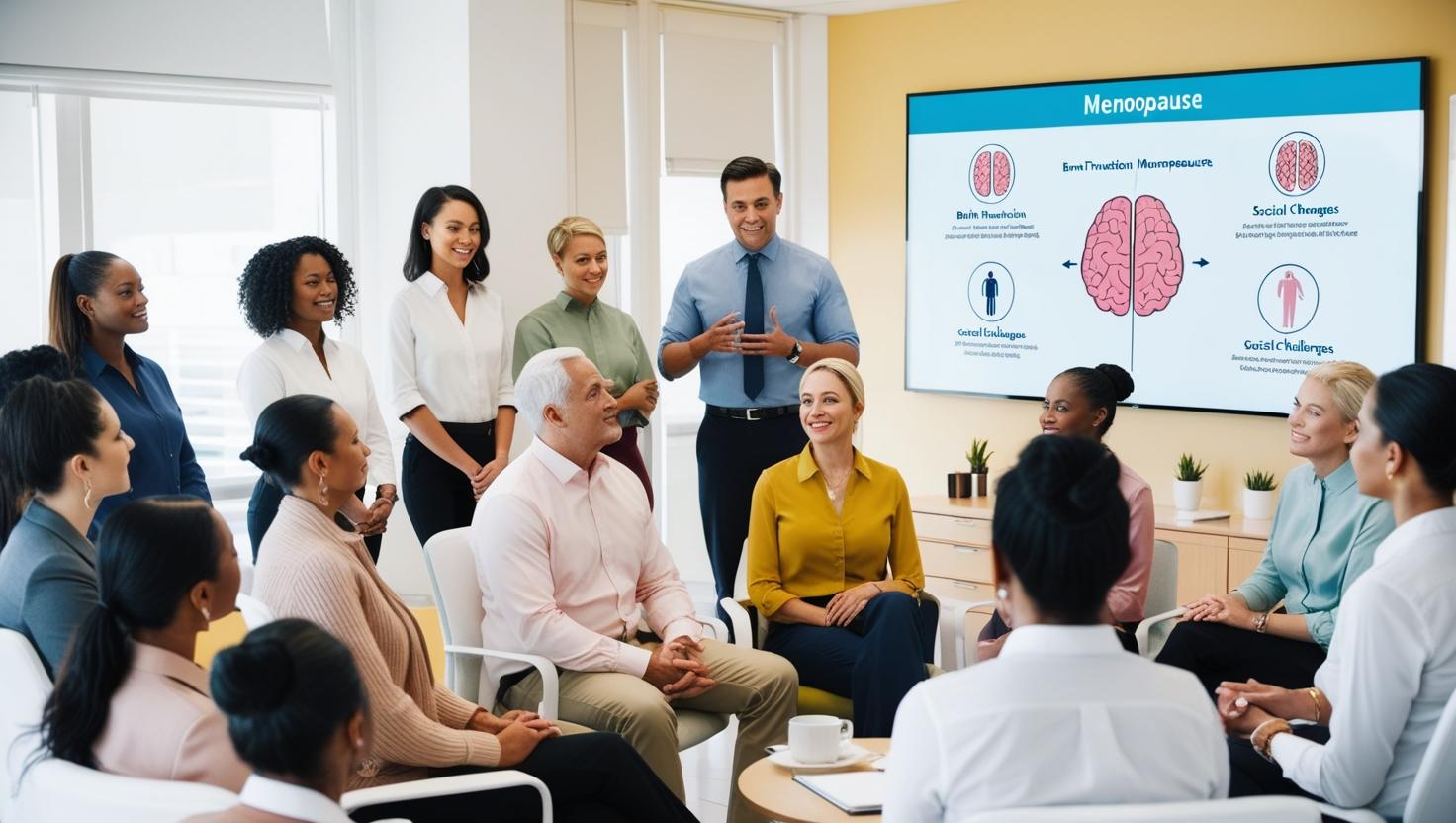


A disability awareness session is a structured training or workshop to educate individuals, organisations, or communities about disabilities.
These sessions promote understanding, empathy, and inclusion by addressing misconceptions, reducing stigma, and providing practical guidance for interacting with and supporting people with disabilities.
Key Objectives
Raise Awareness
Challenge Stereotypes
Promote Accessibility
Enhance Communication
Encourage Advocacy
Disability awareness sessions are interactive and an enjoyable experience. I can deliver these on Teams or Face to Face as required. I recommend no more than 25 participants at an online session and up to 50 for a face to face session.
A disability awareness session about neurodiversity is an educational and interactive program designed to inform participants about neurodiverse conditions, such as autism, ADHD, dyslexia, dyspraxia, and others. The session typically aims to foster understanding, empathy, and inclusivity by addressing misconceptions, highlighting strengths, and offering practical strategies for supporting neurodivergent individuals in various settings.
The session can be tailored to a specific neurodiversity to help with awareness of one which an employee has.
Here's what such a session might cover:
Educate Participants:
Define and discuss neurodiversity and the range of conditions.
Challenge Stereotypes and Misconceptions:
Dubunk the myths and give examples of successful neurodivergent individuals.
Promote Empathy and Understanding:
Share real-life stories or testimonials from neurodivergent individuals. Use activities or simulations to help participants experience some challenges neurodivergent individuals may face.
Highlight Strengths and Contributions:
Focus on the unique strengths and skills that neurodivergent people bring to communities and workplaces.
Discuss Legal and Ethical Considerations:
Introduce relevant legislation, such as disability rights and workplace accommodations.
Emphasise the importance of creating equitable opportunities.
Provide Practical Strategies:
Suggest inclusive practices for education, employment, and social interaction.
Teach communication and support strategies that respect neurodivergent preferences.
Sessions are interactive, with exercises and opportunities for discussion. Resources are provided, and participants are encouraged to reflect on how they can apply what they have learned.


Awareness sessions are designed to educate people about menopause, its symptoms, and its impact on physical, emotional, and mental health. Sessions aim to raise awareness, provide support, and empower those going through menopause and those around them, such as family members and coworkers.
Menopause is something that hasn't always been openly discussed in families, and the majority of people are unaware of the scope of the changes which take place as hormones dwindle. Awareness sessions remove the stigma and promote positive discussions .
"As part of my coaching, Kathryn did a menopause awareness session. I feel that everyone understands so much more now, and I no longer apologise all the time for my "meno brain".
One of my colleagues even apologised about the jokes he'd been making."
Educate About Menopause
What is it, what are the stages, how long does it continue, and how do you know when it starts?
Symptoms
Discuss the range of physical and mental symptoms and how they affect different individuals. Participants can look beyond the obvious and make connections that may not have been previously seen.
Promote Empathy
Help people understand and support those experiencing menopause, especially in workplaces, families, and communities. Explore the positive use of language and how micro-aggressions can damage colleagues and family.
Share Management Tips
Lifestyle changes (diet, exercise, stress management), medical options, coping strategies, and mental health support.
Break the Stigma:
Encourage open conversations about menopause, reducing shame or embarrassment. Discuss cultural differences in how menopause is perceived and addressed and signpost people to where they can find additional support outside the family/community.
Provide Resources:
Direct attendees to reliable information, medical professionals, and support groups.

Free AI Website Creator
Find us online